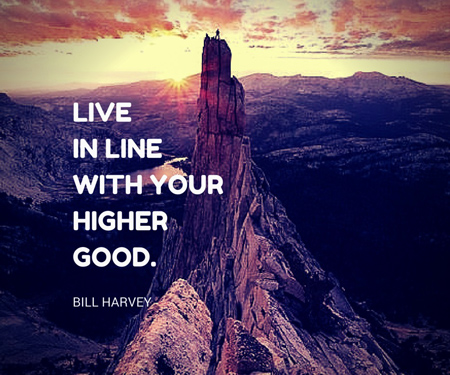Updated May 15th, 2020
We all have a bit more flextime than we are used to now in the stay-at-home world, and that inevitably leads to more reflection than we normally get to do. It’s a silver lining to the dark cloud of the pandemic. Having the natural will, energy, and opportunity to be self-reflective and philosophical is one of the greatest gifts in the world. Aristotle famously said, “The unexamined life is not worth living.”
Philosophy (the word means “the love of knowing”) gets a harsh rap nowadays from at least one of our most televised and otherwise charming scientists. Personally, I still find philosophy to be relevant in today’s scientific world, and invite you to philosophize yourself now that we are all in this situation together yet apart. Philosophy is a way of thinking clear-headedly about things, and reaches into dark crevices ahead of the data science accumulates, seeing things where science has grown blind spots not intrinsic to the scientific method, and in fact contrary to the openminded spirit of the philosophy of science.
As a philosophy major I learned to say “The Highest Good” in Latin: Summum Bonum, but long before, even as a toddler, I had begun thinking about the same subject, vaguely noting that my inarticulate intuition could not accept anything I was told as an absolute, even from those two beloved gods Ned and Sandy (my parents). Without innate acceptance of authority as absolute, I was required to develop my own ideas.

Before receiving my degree I had developed my own “philosophy”, ideas that had jumbled natively in my mind before formal study. When I contemplated Summum Bonum, I decided to choose aesthetics as my touchstone to determine what for me would be The Highest Good. “With or without God, what did I intuit/feel/decide to be the most beautiful way to handle each moment? And which would be a more beautiful universe — the one with or without God?” That’s how I decided which hypotheses I would base my life upon.
This was my rational mind at work, yet my intuition was really leading my thought process. My definition of intuition is the ability to sense what is going on, to make connections and put things together, sometimes leaping wildly across intervening logical steps. Sometimes someone asks me why I did something and it takes a while to provide an adequate answer because I was driven by my intuition more than pure rational reasoning. In Jung’s four functions of consciousness (thinking, feeling, sensation and intuition), I’m an intuitionist, among other “-ists”.
Being a pragmatist at heart, The Highest Good to me is the best conscious approach to any situation, which I see as love — omnidirectional, unconditional, and nonattached love*. Such love creates the greatest long-term happiness for the greatest number, which I find to be the most philosophically beautiful approach.
What is The Highest Good to you?
Best to all,
Bill
*Nonattached love means accepting the losability of the things one is fond of, and thus being free from addictive dependence upon the objects of our affection.
Read the latest post at my media blog, “In Terms of ROI“ at MediaVillage.com
